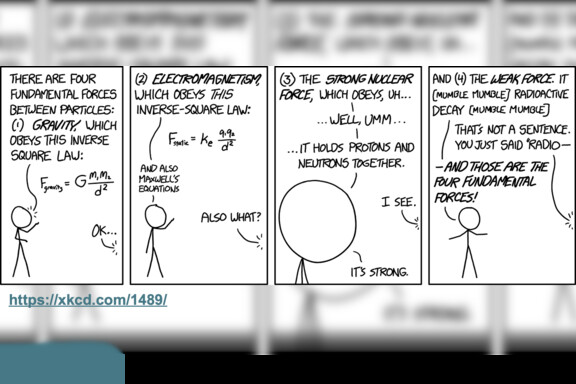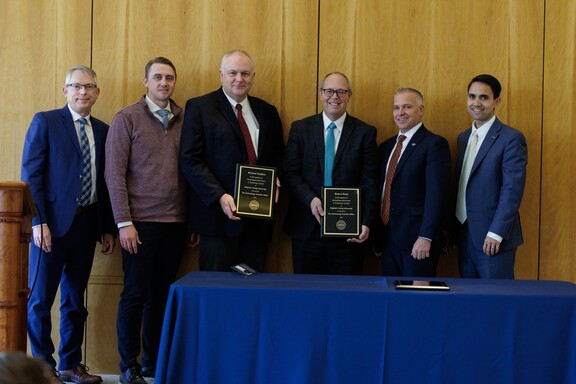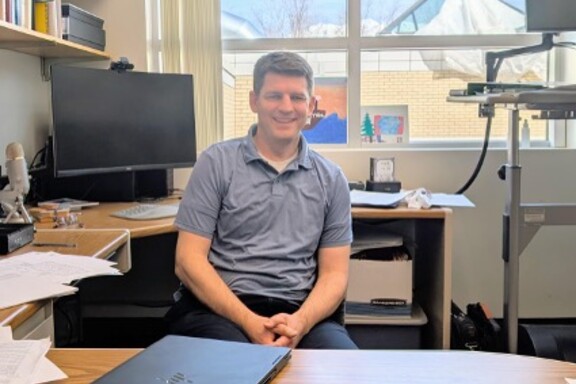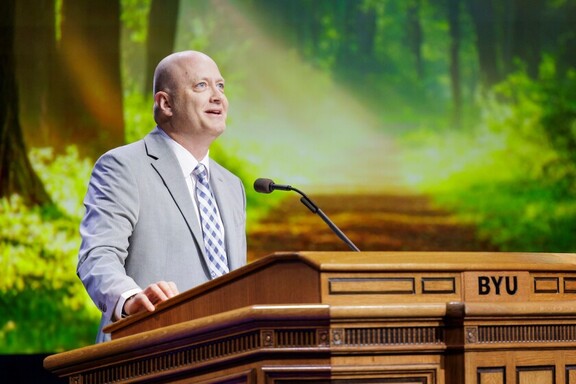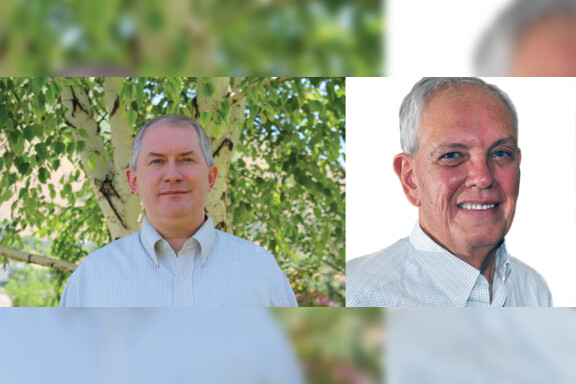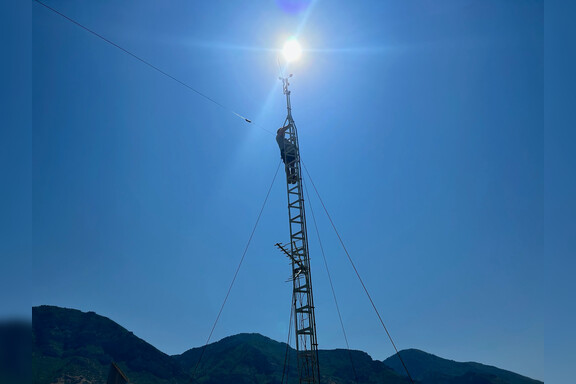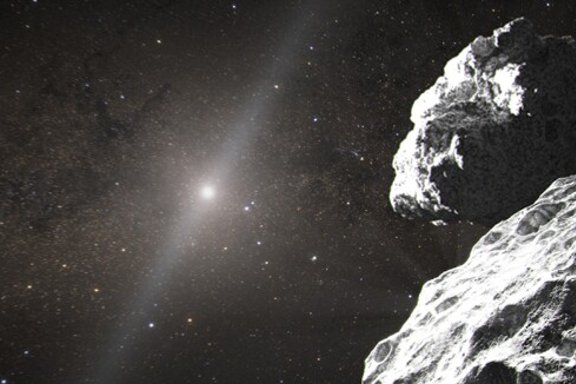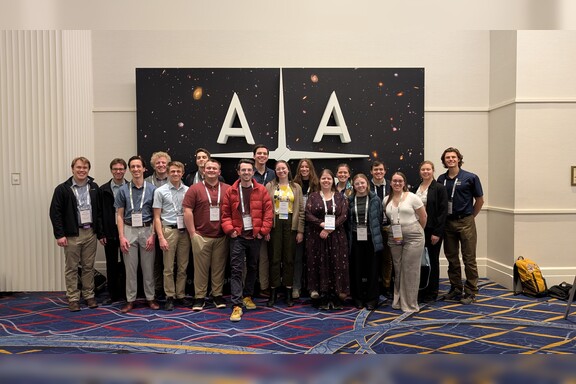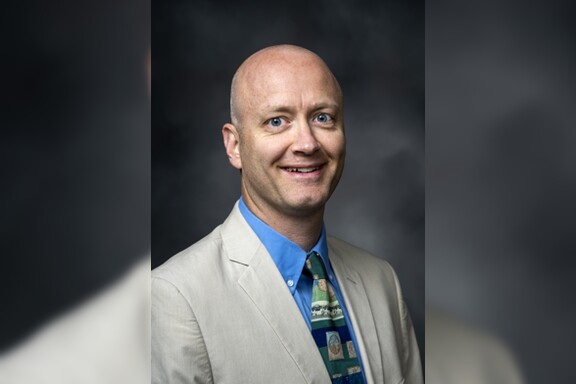As you probably have heard, BYU cancelled all in person classes in mid-March and went to classes being fully online to finish out the Winter 2020 semester. Spring and Summer terms were also fully online. Fall semester, some classes will be in person, others will be hybrid (students take turns attending class in person and online), and some will be fully online. The Eyring Science Center (ESC) has been closed, from mid-March to August, with access approval required to enter the ESC. We reached out to members of the department to ask how things have been going during the pandemic. Below is a summary of their responses.
What’sbeen the hardest COVID-19 adjustment?
- Teaching without seeing students in person has been hard. Teaching online often requires much more preparation time.
- Many good student workers are now not available to work as they returned home.
- There has been added stress and uncertainty about future plans.
Have you found any benefits during the pandemic?
- Faculty have learned to appreciate how things were before the pandemic.
- This time has allowed many to concentrate more effectively and focus on things that matter most.
- They have reevaluated teaching methods to adapt to online instruction and will thus be more flexible moving forward.
How has your teaching strategy changed?
- Many professors have changed their exams to be all open-book.
- They have tried to make themselves and their class materials more accessible than previously.
- For lab classes being done online, the lab class strategies have changed entirely.
How have your research efforts changed?
- Mentoring students on research has intensified.
- Projects have been modified, particularly those with heavy experimental emphases, with many turning towards theoretical or computational efforts.
- Some students have focused more on research, and some have slowed down to deal with disruptions.
What is one thing you will do differently in your job once the pandemic ends?
- Faculty no longer feel pressure to come to work sick since now they can teach and mentor through video conferencing from home.
- They have found benefits to being able to focus more on the most important things and will try harder to ensure this can continue moving forward.
by Brian Anderson, 27 August 2020
News and Events
